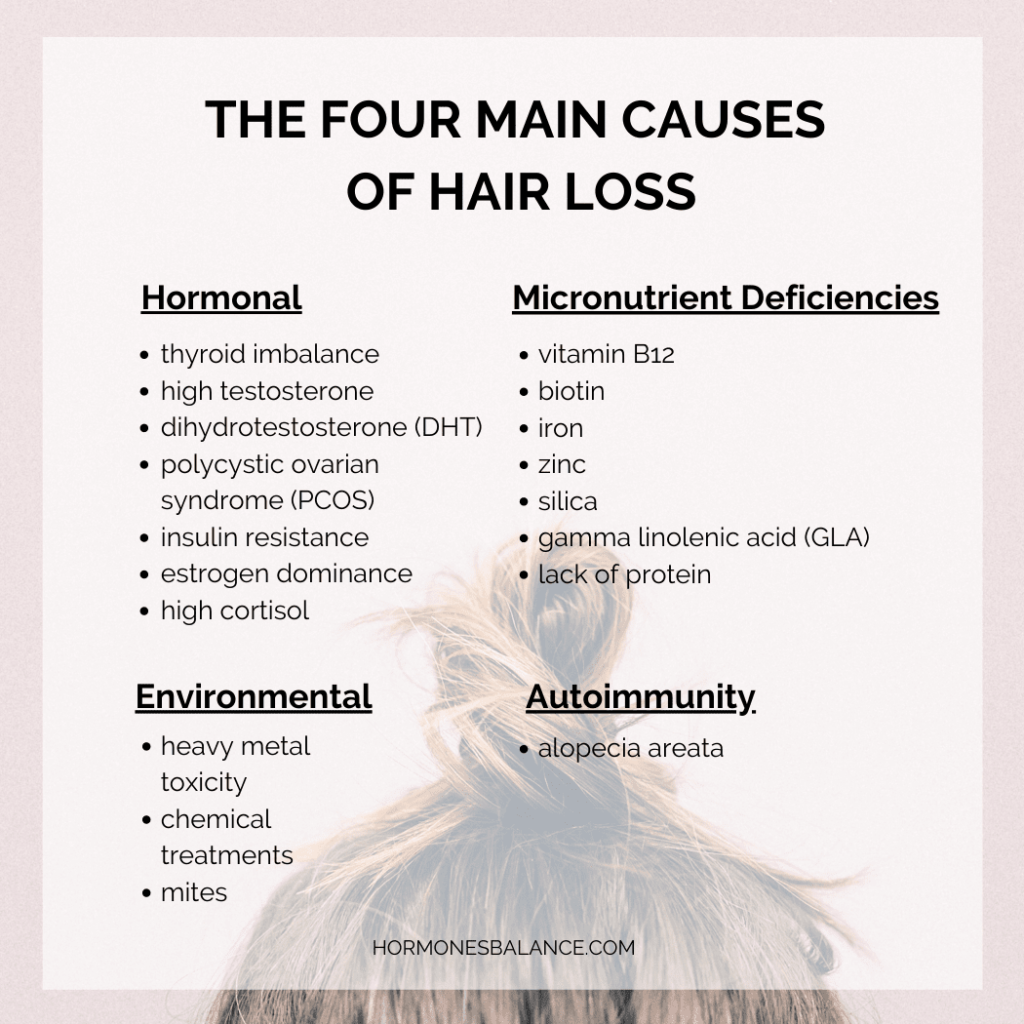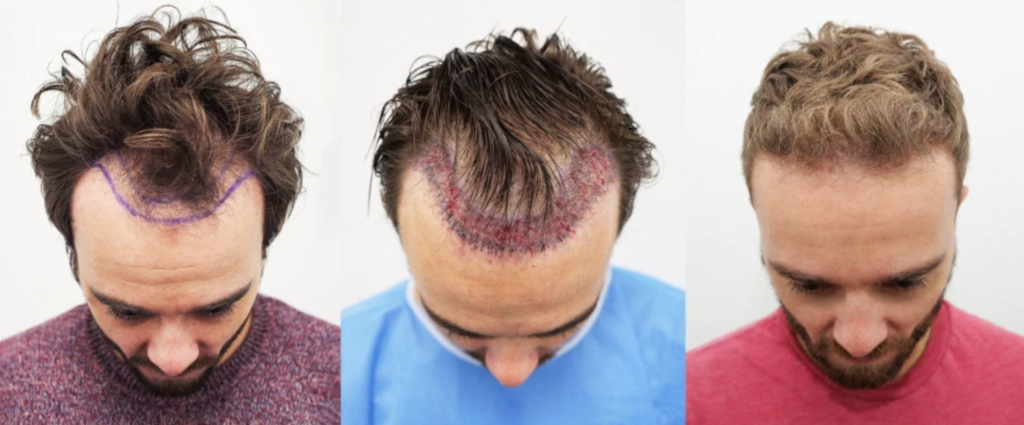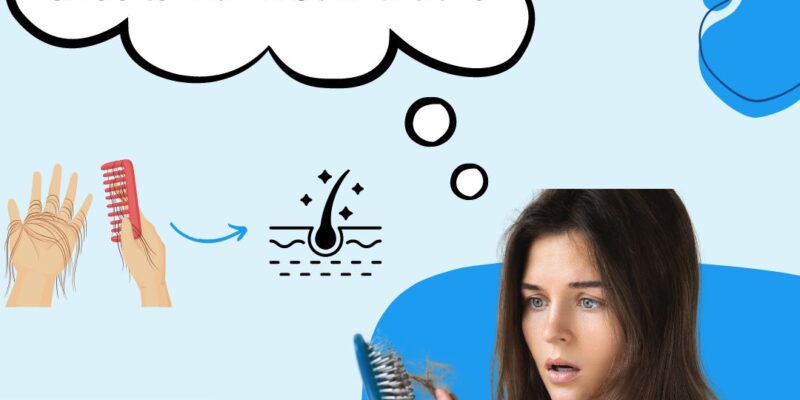The Science Behind Hair Loss: Causes and Treatments
Hair loss is a common problem that affects people of all ages. Science behind hair loss, includes genetics, hormones, medical conditions, and medications. In some cases, hair loss can be temporary, but in other cases it can be permanent.
Hormones,Science Behind Hair Loss such as abnormal levels of androgens (male hormones normally produced by both men and women) Genes, from both male and female parents, may influence a person’s predisposition to male or female pattern baldness. Stress, illness, and childbirth can cause temporary hair loss.

The Science Behind Hair Loss: Causes and Treatments
DFT – Di-HydroTestestrone is the main reason Science Behind Hair Loss when someone starts losing hair. It’s an entity formed after the testosterone level fluctuates in male or female body. However it leads to hair loss type – androgenic alopecia. But is not the reason for other type of hair losses like Areata Alopecia
Why DHT forms:
Genetics
Genetics is the most common cause of hair loss. Male-pattern baldness (androgenetic alopecia) is a hereditary condition that affects about 50% of men and 25% of women. In male-pattern baldness, the hair follicles on the scalp become sensitive to androgens, Science Behind Hair Loss , which are male hormones. This causes the hair follicles to shrink and produce shorter, thinner hairs. Over time, the hair follicles may stop producing hair altogether.
Hormones
Hormonal changes can also cause hair loss. For example, women may experience hair loss during menopause or pregnancy. Thyroid problems can also cause hair loss.

Medical conditions
Some medical conditions can cause hair loss, including:
- Alopecia areata: This is an autoimmune disorder that causes the immune system to attack hair follicles.
- Telogen effluvium: This is a temporary form of hair loss that is caused by stress, illness, or surgery.
- Traction alopecia: This is a type of hair loss that is caused by pulling on the hair, such as from tight hairstyles.

Medications
Some medications can cause hair loss as a side effect. These medications include:
- Chemotherapy drugs
- Antidepressants
- Beta-blockers
- High blood pressure medications
Treatments for Hair Loss
There are a number of treatments available for hair loss. The best treatment for you will depend on the cause of your hair loss.
For genetic hair loss, there are two FDA-approved medications: minoxidil (Rogaine) and finasteride (Propecia). Minoxidil is a topical medication that can help to regrow hair. Finasteride is a pill that can help to slow down hair loss.
For hair loss caused by medical conditions, the treatment will depend on the underlying condition. For example, if you have alopecia areata, you may be treated with steroids or other medications.
For hair loss caused by medications, you may need to stop taking the medication that is causing the hair loss. If you cannot stop taking the medication, your doctor may be able to prescribe a different medication that does not cause hair loss.
There are also a number of over-the-counter treatments for hair loss. These treatments include shampoos, conditioners, and supplements. However, the science behind hair loss and evidence is limited that these treatments are effective.
If you are concerned about hair loss, Science Behind Hair Loss,it is important to see a doctor. Your doctor can help you to determine the cause of your hair loss and recommend the best treatment for you.
Here are some tips for preventing hair loss:
- Eat a healthy diet. Food for Hair
- Get enough sleep.
- Manage stress.
- Avoid harsh hair treatments.
- Use a gentle shampoo and conditioner.
- Avoid smoking.
Hair loss can be a frustrating and emotional experience. However, there are a number of treatments available that can help to improve your hair growth. If you are concerned about hair loss, talk to your doctor.










